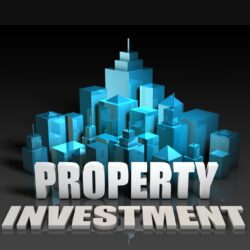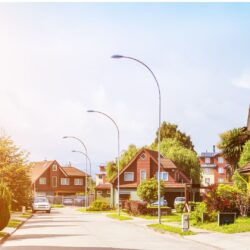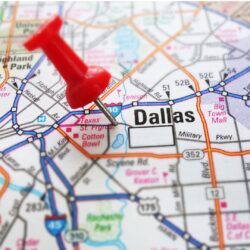How Universal Studios Park is Enhancing the Dallas Rental Market
How Universal Studios Park is Enhancing the Dallas Rental Market The announcement of a Universal Studios theme park in the Dallas-Fort Worth (DFW) metroplex is sparking excitement across the region—and for good reason. Beyond offering world-class entertainment, this major development is set to have a profound impact on the local rental market. From increased demand Read more about How Universal Studios Park is Enhancing the Dallas Rental Market[…]










